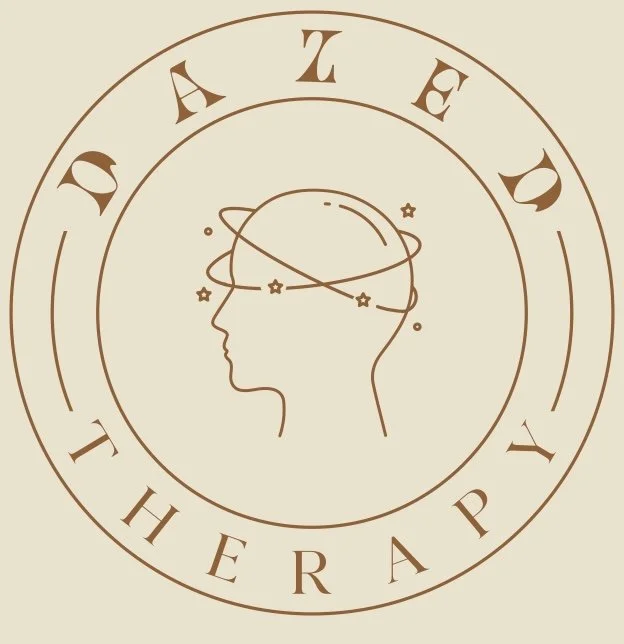
Ketamine was first synthesized in the 1960s and became an approved general anesthetic in the 1970s. For many years, it has been employed in medical contexts due to its analgesic and anesthetic qualities. In the last several years, it has garnered attention for its potential in addressing depression, particularly in cases that do not respond to traditional therapies.
The FDA has approved Spravato, a nasal spray form of ketamine specifically for depression, and its usage may be covered by certain insurance plans. One of the significant aspects of ketamine is its ability to promote neuroplasticity, which plays a crucial role in its therapeutic effects. This characteristic allows ketamine to "reset" neural pathways, making it especially useful in treating depression, anxiety, PTSD, and other disorders characterized by inflexible neural circuits.
While it is sometimes utilized off-label for conditions such as PTSD and anxiety—typically funded out-of-pocket by patients—ketamine's administration can vary. It can be given through multiple routes, including intravenous infusions and oral methods. In contrast to conventional antidepressants, which may take weeks to produce results, ketamine can offer rapid alleviation of symptoms, often within hours or days. Treatment sessions can be held in various settings, including medical facilities, therapists' offices, or even at home, depending on the provider's options and the client's preferences for guided or unguided experiences.
What is Ketamine?
Ketamine Assisted Psychotherapy (KAP)
-
Initial Assessment: Before starting KAP, you’ll need to undergo a thorough medical evaluation by a licensed prescriber. This assessment determines if ketamine is appropriate for you based on your health history, current conditions, and any potential contraindications.
Approval and Dosage: If deemed suitable, the prescriber will determine the appropriate dosage and administration method of ketamine, tailored to your specific needs and medical condition.
-
Therapeutic Relationship: You’ll meet with a KAP-trained therapist prior to your ketamine sessions. These preparation sessions help build a therapeutic relationship, establish goals for the treatment, and prepare you for the ketamine experience.
Setting Expectations: The therapist will discuss what to expect during the ketamine journeys, addressing any concerns and ensuring you understand the process.
-
Guided Journeys: During the ketamine sessions, you’ll be in the presence of a licensed therapist who guides you through the experience. This guidance is crucial for creating a safe and supportive environment.
Support and Monitoring: The therapist provides emotional support and ensures that the session proceeds smoothly, helping you navigate any challenging aspects of the experience.
-
Processing Experiences: After the ketamine sessions, you’ll have integration sessions with your therapist. These sessions are designed to help you make sense of the insights and experiences gained during the ketamine journey and they will support in the integration process.
-
Therapeutic Continuity: The process involves several sessions with the therapist both before and after the ketamine treatments, ensuring a continuous and supportive therapeutic relationship.
Adjustment and Feedback: Throughout the KAP process, there may be adjustments to the treatment plan based on your experiences and progress, allowing for a personalized approach.
*KAP is not being offered at this time
Ketamine Integration Psychotherapy (KIP)
KIP, or Ketamine Integration Therapy, focuses on supporting individuals after they have undergone a Ketamine journey. This process is crucial because it helps you make sense of the often profound and unique experiences you may have during the journey. Unlike KAP (Ketamine-Assisted Psychotherapy) therapists who guide you through the ketamine session itself, KIP therapists are primarily concerned with helping you integrate and process the insights and experiences that arise after the journey.
Integration is essential because it takes advantage of the heightened neuroplasticity that occurs shortly after a ketamine experience. During this period, your brain is more receptive to change and new learning, making it an ideal time to reflect on and incorporate the lessons from your journey. This process helps you connect with the visual, sensory, and emotional experiences you had and supports the development of new behaviors and habits that can address mental health challenges more effectively.
KIP can be particularly beneficial if you prefer to have your ketamine journeys without direct guidance, are undergoing other forms of treatment concurrently, or are finding it challenging to integrate your ketamine experiences on your own. It provides a supportive framework for translating the insights from your journey into practical, actionable changes in your life.
Frequently Asked Questions
-
We are in-network with Cigna and Dazed Therapy is contracted wth VACCN.
-
Dazed Therapy operates based on an anti-oppressive sliding scale fee structure that is built around our standard rate of $185 per session. Since everyone’s financial situation is different, we provide a limited number of slots at several different fee tiers. We invite you to review our sliding scale fee structure guide here.
If you would like to use your out-of-network benefits We can provide you with the documentation that you need to seek reimbursement from your insurance company if you have out-of-network benefits.
-
We do not offer in-person sessions at this time. We exclusively offer virtual sessions via a HIPAA-compliant video conference platform.
-
We offer Ketamine Integration Therapy (KIP) alongside Eye Movement Desensitization and Reprocessing (EMDR) therapy.

